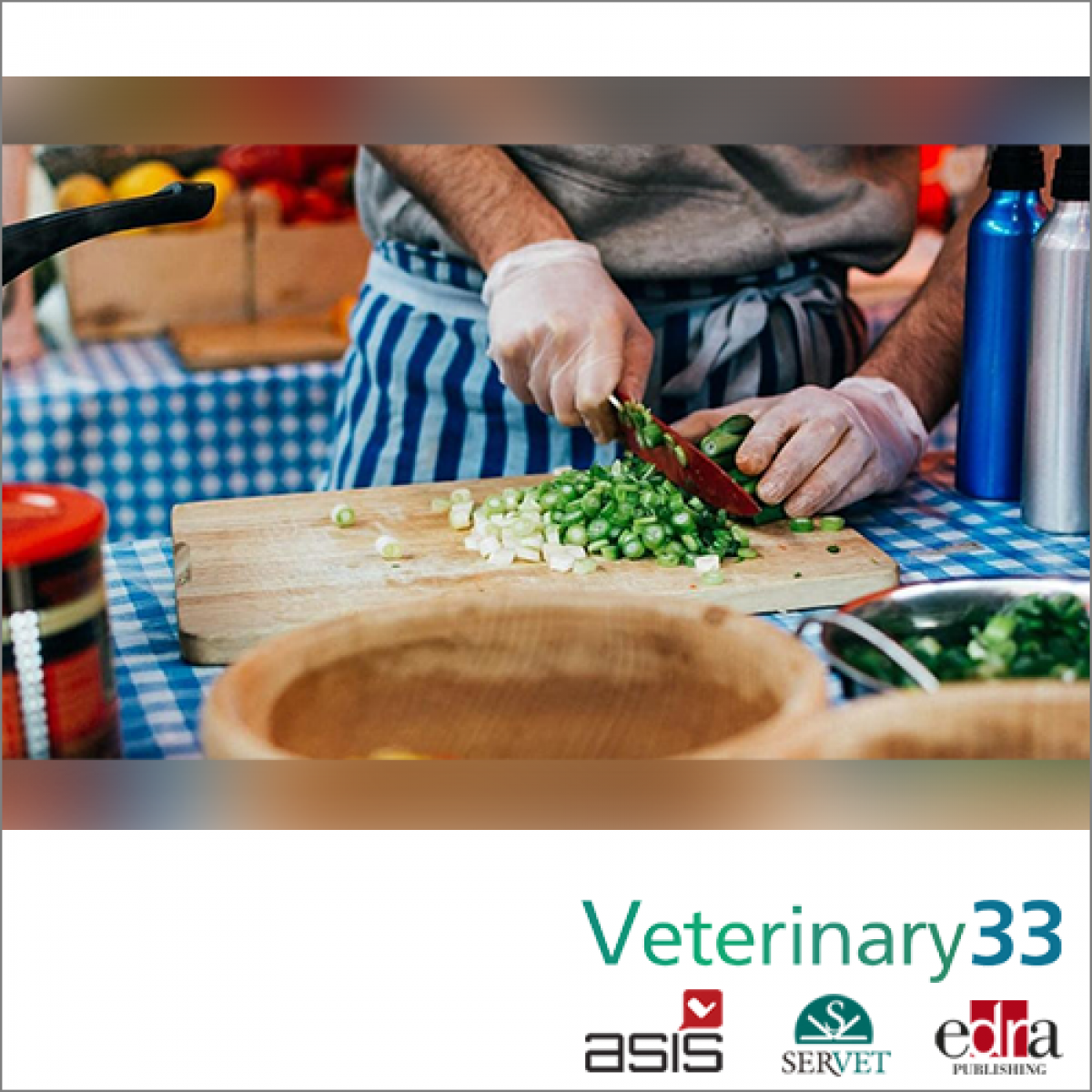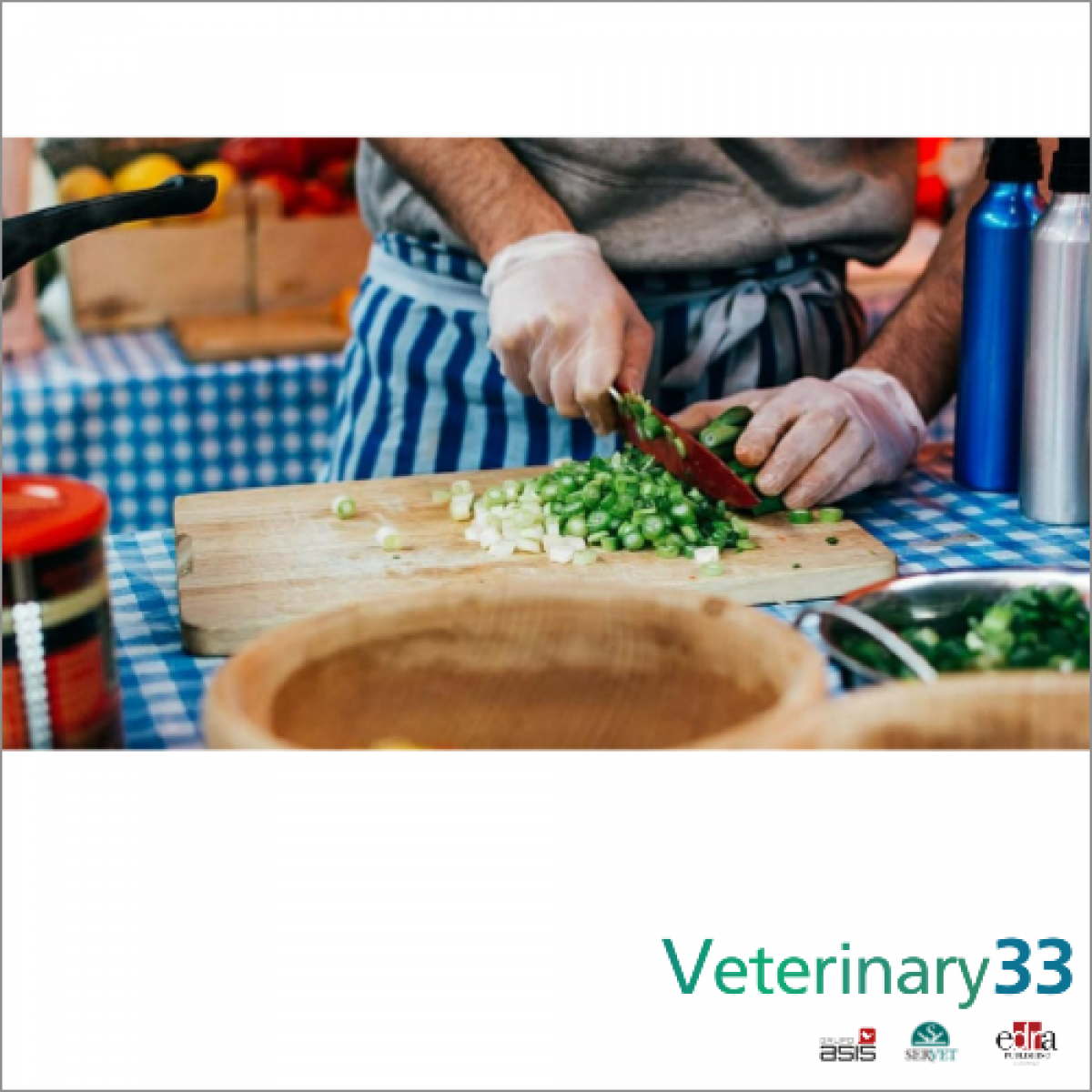A study concludes that zero risk is not possible in food safety
Although consumers, industry and governments want food that is free of any risk, a group of researchers has affirmed that zero risk is unattainable in food production, regardless of prevention treatments or programs on its samples.
Risk-based approaches, such as Microbial Risk Assessment, are increasingly used to manage food safety hazards, assess risks, and identify control strategies that reduce risks to an acceptable level.
Researchers Marcel Zwietering, Alberto Garre, Martin Wiedmann and Robert Buchanan have presented the results of a study, published in Current Opinion in Food Science.
Definition of residual risk
They define residual risk as what remains even after a fully compliant food safety system has been implemented. Each product has a residual risk, but the severity varies because it depends on a variety of factors, such as focus or consequences.
The researchers note that if decisions were based only on evidence, it could be falsely concluded that if a hazard has not been detected, the associated risk must be zero.
"As an example, the fact that a certain pathogen has never been detected in a product does not guarantee that the security controls in place will ensure a product free of hazards or zero risk," according to the researchers.
“Because the sampling is limited, it is possible that a microorganism will enter the system at some point, but that it has not been detected or identified. Likewise, it is also possible that the danger has not yet entered the system, but that does not ensure that it never will in the future. The absence of a positive is not proof of the absence of risk in the present, past or future ”.
The researchers set the example of the Salmonella risk in chocolate bars by assuming one cell contamination of Salmonella enterica per 10,000 out of 25,000 25-gram bars, and that the company produces 100,000 bars a day. Testing is limited to five samples per day, each sampling unit is a full bar, and the probability of a false negative or false positive is zero.
“The probability of detecting Salmonella in each sampling unit is equal to 0.01 percent, and the probability of detecting it in the product on a given day is 0.05 percent. In other words, we expect a single positive every 5.5 years. Based on this result, it might seem reasonable to conclude that the risk of salmonellosis is negligible.
However, a single Salmonella enterica cell has a probability of causing disease that has been estimated to be 1 case in 400. Therefore, if we consider that 10 bars of the 100,000 daily production contain a single Salmonella enterica cell, the number The expected annual cases of salmonellosis is 9,125, a value that is certainly not insignificant. Although sampling will rarely give a positive result, it is clear that there is a residual risk ”.
The dangers of current production
The researchers noted that between large-scale production batches with low levels of a pathogen and modern molecular epidemiology systems, an outbreak could be detected at levels lower than what a manufacturer can verify using traditional tests.
Increases in the scale of product manufacturing mean that production can take place over several days, weeks or months without interruption for the complete hygienic cleaning of a facility. Globalization and the development of worldwide distribution increase the likelihood that a single multi-day production batch could be shipped to multiple countries, according to the study authors.
Improved surveillance systems, such as those using whole genome sequencing, can detect small outbreaks and potentially link cases to a commodity, even when there are consequences of a residual risk rather than a non-compliant food safety system.
“This leads to potential policy gaps when regulatory agencies or food distributors/retailers provide realistic and practical test guidelines and specifications for food that are substantially less stringent than the ability to detect a low-level outbreak after literally millions of servings have been consumed by the public. This hypothetical example shows how residual risks from microbial hazards will be the subject of substantial debate and legal issues for decades to come, ”according to the study.










List
Add
Please enter a comment